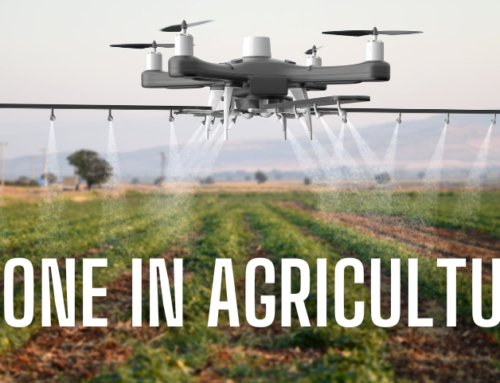When it comes to UAS operations, the EU operator has to comply with the SORA risk analysis endorsed by EASA. However, the evaluation process requires expertise and time to collect, from many different sources, an extensive amount of information, among which: structure and properties of airspace and ground area on the day of the operation, ground population density, presence of critical infrastructures, drone characteristics, etc.
SAMWISE, the tool developed by EuroUSC Italia, partially simplifies the process by carrying out the SORA risk assessment online in few steps. Nevertheless, this tool still requires the manual gathering of a large amount of information and the satisfaction of several constraints. The EU project Flight AI tries to fit into this gap by integrating in SAMWISE the AI technology generated by FET-OPEN-GOAL-Robots project, in order to allow the search of solutions in highly nonlinear search spaces.
THE FLIGHT AI CONCEPT
The Flight AI technology proposed will support the semi-autonomous search of a solution to formulate flight plans based on an interactive and easy to use interface, that meets:
- the user requirements (flight start/arrival points; the time of the flight; the type of drone available, the licences of the pilot, etc.).
- the capability of the UAS operator to fulfil SORA requirements.
- the characteristics of the overflown area and the involved airspace.
The final toll aims to reduce the SORA methodology evaluation process in few steps as shown in the figure below:

The technology will operate within the back end of the SAMWISE system and will be validated with tests carried out by stakeholders selected among the consortium networks.
ADVANTAGES
The goal of FlightAI is to build an empowered AI search engine to find solutions in the huge non-linear space of possible flight specifications meeting all the SORA requirements. This will support UAS operators in evaluating operations in complex non-linear search spaces. Moreover, the technology engages an interaction with the user, asking for evaluations and request revisions, to iteratively improve and refine the found solution. In other words, it reduces the assessment time, the users’ skills required and costs. The business case refinement and focused dissemination activities are aimed to foster the commercialisation of the produced service within the European drone market. As results the innovation will produce an overall global increase of process efficiency especially in terms of UAS operation safety.
The project started in September 2021 and is entirely funded by the FP – European Framework Programmes. The consortium includes 4 partners: Consiglio nazionale delle ricerche (project coordinator), AI2Life srl, QBT sagl and EuroUSC Italia.

This project has received funding from the European Union’s Horizon 2020 research and innovation programme under grant agreement No 101034937.



